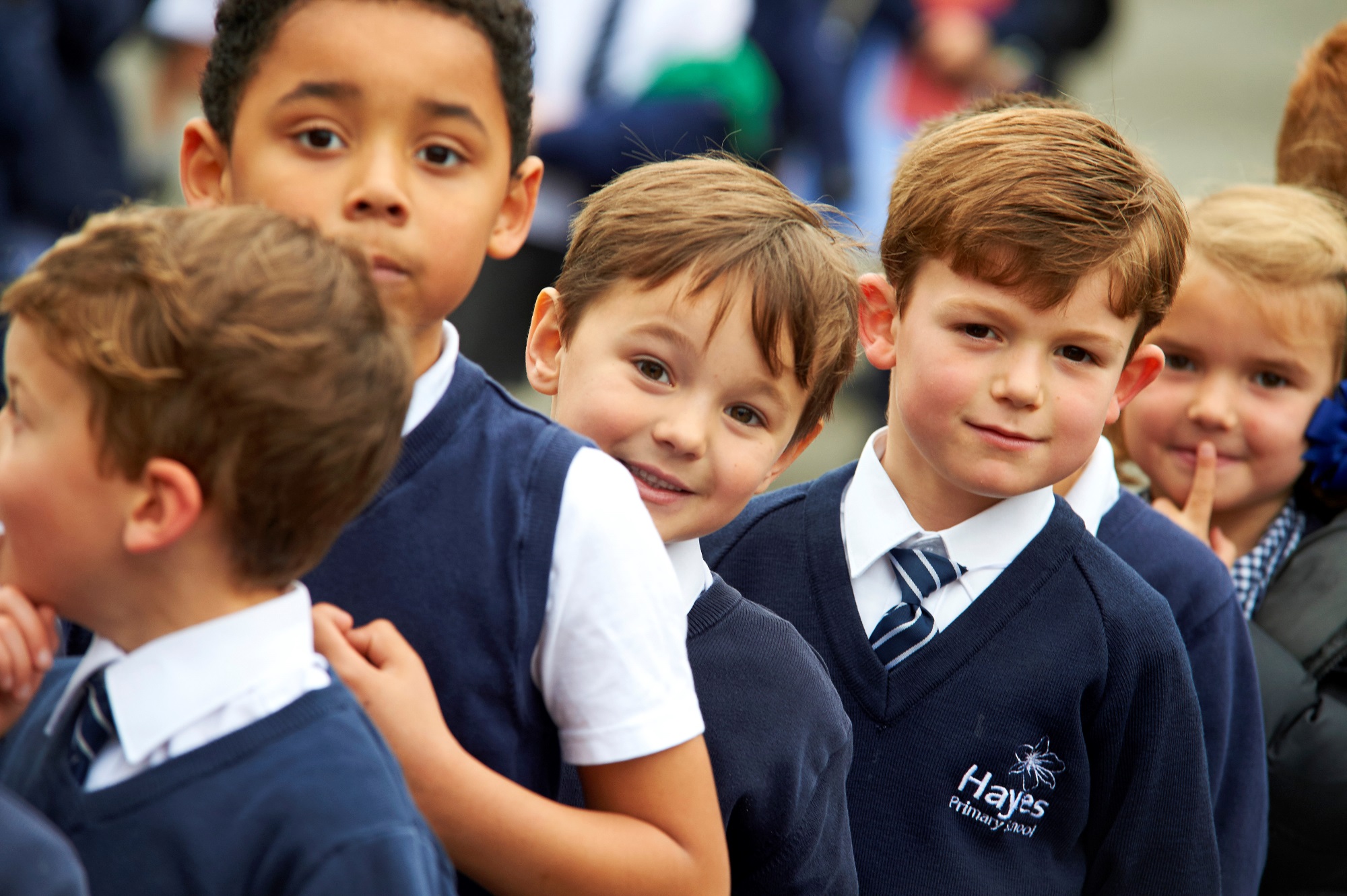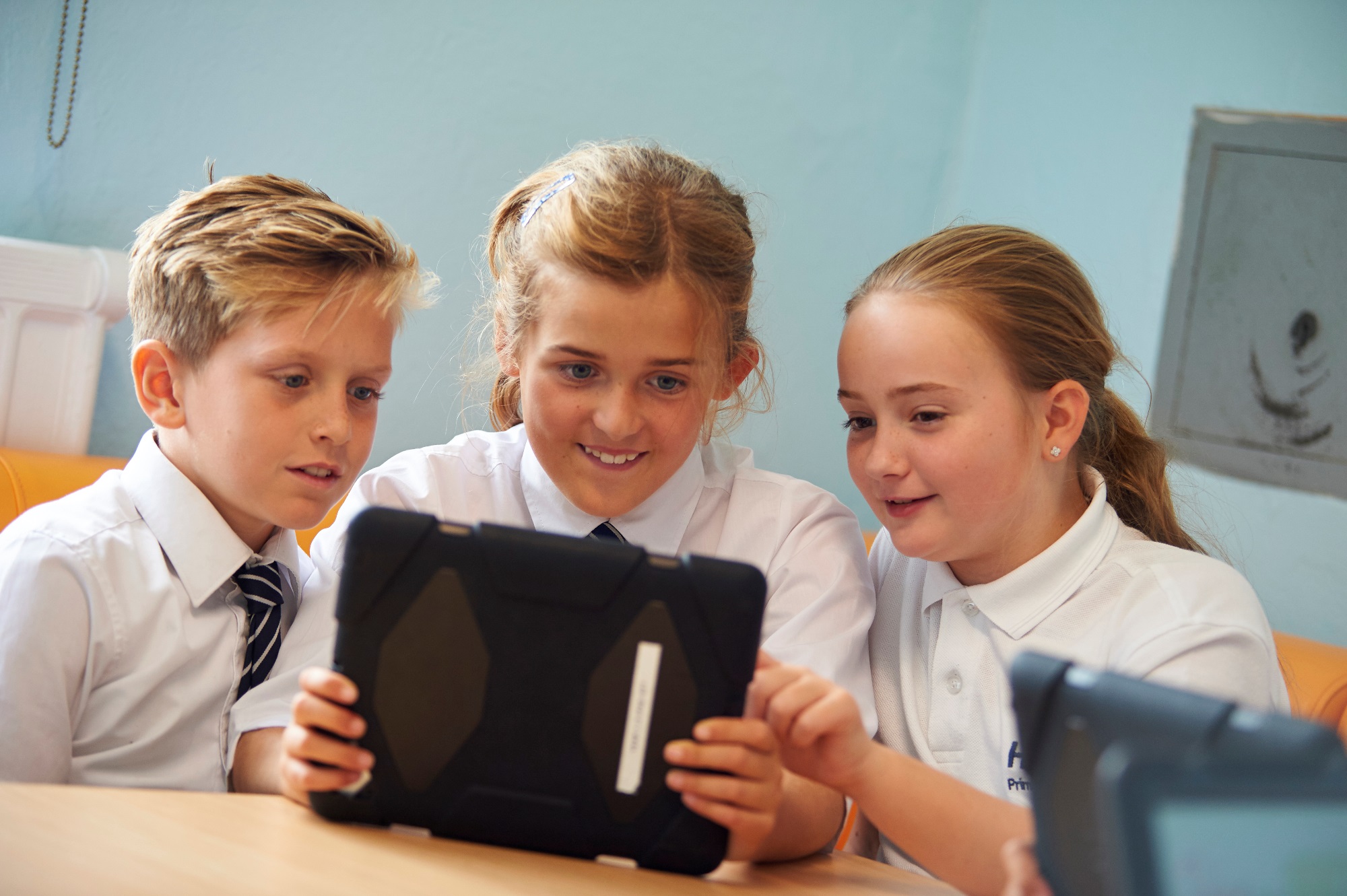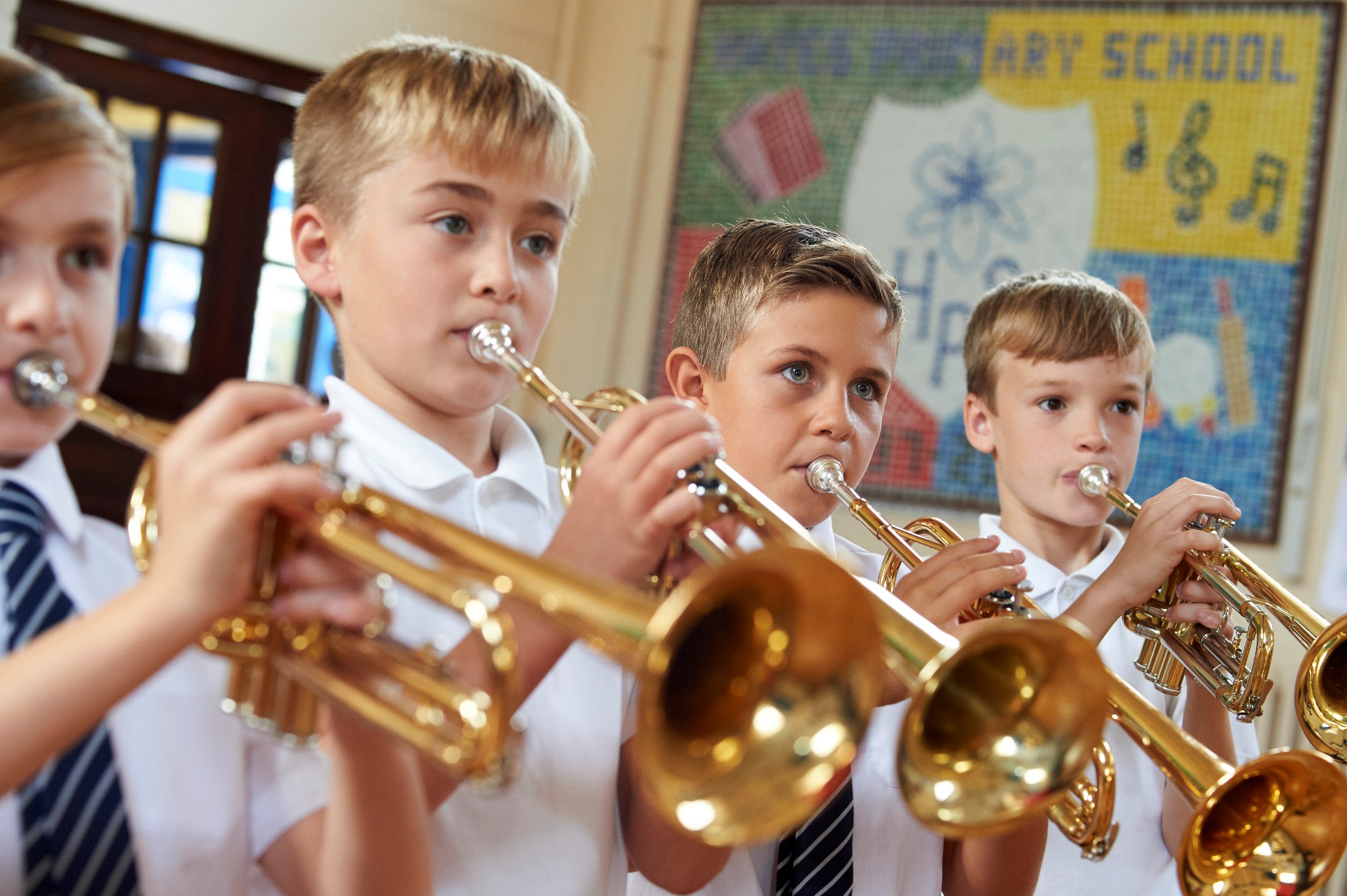Interventions
Interventions are small group or one-to-one activities that are set up to address a specific area of difficulty that a child is experiencing.
The class teacher oversees the progress and development of the child no matter who is leading the intervention. Each intervention has a distinct purpose and works towards very specific targets or outcomes. The following is a selection of the interventions often used at out school:
Please click on one of the interventions below to see more details:
Social Skills
Good social skills enable us to know what to say, how to make good choices, and how to behave in diverse situations. The extent to which children possess good social skills can influence their academic performance, behaviour, social and family relationships.
At Hayes Primary School, a typical social skills group will have between 4 and 9 children depending on the ages and individual needs within that group.
There are 7 areas that are commonly worked on:
- Basic non-verbal skills, eg facial expression, gestures, posture, eye contact
- Non-verbal responses, eg social distance, fidgeting, appropriate smiling & laughter
- Voice quality, eg tone & pitch, volume, speed, clarity
- Quality of speech, eg amount spoken, hesitations & pauses, speed of response
- Content of speech, eg repetitions, interruptions, interest content, relevancy of contributions
- Listening skills, eg personal experiences related appropriately, relevance of feedback to others, ability to acknowledge, summarise & reflect on what others have said
- Basic conversation skills, eg length of reply to questions, content of information given, initiating conversation
During one block of social skills intervention sessions a maximum of 2 or 3 areas would usually provide the main focus for the planned activities. The sessions use positive strategies to emphasise the required behaviours through a variety of activities and include modelling, coaching and role-playing.
Speaking and Listening Skills
This intervention support children in developing spoken communication skills that they may not have automatically have.There are many behaviours and skills that may be covered but they could include:
Speaking
- To be respectful of others
- To be purposeful and clear
- To use appropriate vocabulary
- To use body language well
- To speak with confidence and fluency
Listening
- To show respect and focus on the speaker
- To be able to pick out the main points
- To know when and how tom interrupt
- To make supportive comments
- To be able to reflect back what was said
Verbal reasoning may also be covered. This refers to the child’s ability to move away from the concrete to more abstract thought. For example, a child may be able to respond to questions such as ‘Who?’, ‘What?’, ‘Where?’ but struggle with ‘Why?’ ‘When?’, ‘How?’
In addition, oral sentence construction may be covered for those children that need this type of support. Specific areas such as plurals and opposites may be covered as necessary or may be included in Speech and language Therapy follow up sessions.
Memory Skills
The types of skills that are generally included in interventions to support memory development are auditory memory and visual sequencing.
Auditory memory often needs a lot of input, especially for those children who have difficulty in understanding in order to be able to carry out an instruction accurately.
Visual sequencing refers to the ability to think sequentially and this area of support develops this skill through activities that require them to sequence related actions into logical steps using picture materials. Time concepts, tenses and reasoning can also be developed through this type of support.
Funky Fingers, Funky Feet
This is a motor skills intervention. At our school we tend to concentrate on the Funky Fingers aspect for fine motor skills more as we also have the Motor Skills United support programme to focus on gross motor skills. However, at least one aspect of Funky Feet should also be included in any Funky Fingers session, for example as a warm up activity or as a movement break from other tasks. The support aims to develop the manual dexterity needed as a basis for class room tasks such as using scissors, manipulation of materials and the correct grip for using pencils, pens, paint brushes, etc.
Specialist Literacy Support, including Dyslexia
This support is for children who are unable to make good progress despite strong Quality First teaching strategies being employed in the classroom and additional Literacy input with the class teacher and Teaching Assistant support. They may have dyslexia or dyslexic traits. A feature of the support is that the specialist TA delivers a personalised programme that focuses on specific gaps in the child’s Literacy skills that are found through assessment, eg visual or auditory difficulties, particular spelling gaps, specific reading skills, reading strategies.
Write From the Start
This is a motor skills programme designed to develop the fine motor and perceptual skills needed for effective handwriting. The skills needed for the process of handwriting are not always developed spontaneously but require specific explanation, demonstration, experimentation and practice. The Write From the Start programme aims to develop the intrinsic muscles of a child’s hands so that they then have the control necessary for letter formation, etc. It also seeks to develop the perceptual skills needed for letter orientation and page organisation.
Please note, actual letter formation isn’t addressed until quite a way into the programme.
Motor Skills United
This is an occupational therapy programme that aims to integrate and develop Motor and Perceptual Skills which impact on learning and handwriting. It focuses on aspects such as body awareness, hand/eye and foot/eye coordination, core stability and balance and spacial awareness. It may also involve activities that focus on fine motor skills such as cutting and threading.
Speech & Language (S&L)
This support is usually led by a Speech & Language specialist Teaching Assistant who delivers either follow up tasks from Speech and Language Therapy sessions out of school or, more usually, a programme of work designed by independent S&L Therapist, Lesley Reed (who comes into school to deliver some support for pupils who have either a statement or an Education, Health, Care Plan, carries out S&L assessments and trains/supports the S&L TAs). The support is personalised for each individual child.
Number Box
Basic number concepts and key vocabulary are practised using a multi-sensory approach; also fractions, time, measurement, money and shape. Whilst the sessions are led by a Teaching Assistant, the class teacher directs the areas that should be focused on guided by their on-going assessment in class lessons.
One of the main keys to the Numeracy Box is that it is used for short periods of time, typically five minutes, but often – preferably daily when the child is struggling with learning a particular area or skill.
Wordshark
Wordshark is a computer program, for students between the ages of 5 and 15 years, that uses more than 60 specifically designed games for the teaching and reinforcing of reading and spelling. As well as having set word lists, the adults leading the intervention add their own words based on the work that the child has been doing in class ensuring that the activities are personalised for each pupil. In addition, Wordshark covers alphabet and dictionary skills.
The wide variety of games and structured word lists are especially useful for children with dyslexia or dyslexic tendencies but are equally motivating for those pupils who need additional practice in any of the areas covered.
Numbershark
Numbershark is a computer programme, for students between the ages of 6 and 14 years, that teaches and reinforces numeracy using a variety of games. Topics covered include the four operations, + - ÷ x, fractions, decimals and simple percentages. The wide variety of games means that a child can practise the same skills in many different ways.
To help those with dyslexia and dyscalculia many of the games give a visual idea of what is happening when you add, subtract, multiply or divide. Fractions and decimals are also shown visually. Numbers are shown as abacus, digits, objects, number pad, rods, number line and 100 square to help basic understanding.
Talk Boost
Talk Boost is a structured ten week programme for children with language delay in Reception and Key Stage 1 classes that helps to develop their communication skills in small groups. The programme is delivered three times a week and each session covers the key elements of language:
- Attention and listening
- Vocabulary
- Building sentences
- Telling stories
- Conversations
The small group activities are enhanced by whole class activities to ensure that the speaking and listening skills practised continue to develop within the larger group setting.
Should any child have significant difficulties within the small group Talk Boost setting, parents/carers are consulted and the option of referring to more specialist support discussed.
The Five Minute Box
This is a multi-sensory programme of teaching, designed for use by Teaching Assistants, that teaches and reinforces basic literacy skills. Each child is given as much time as they need to master each skill which are separated into different areas so that they can make progress in one area whilst moving at a slower pace in another as appropriate. Areas covered include phonics and sight vocabulary of irregular key words.
One of the main keys to the Five Minute Box is that it is used for short periods of time but often – preferably daily when the child is struggling with learning a particular area or skill.
The Five Minute Box can be used with children of Reception age to the older end of Key Stage 2.
Nessy Fingers
Nessy Fingers is a touch typing programme. It introduces the keys alphabetically and uses colour coding to make learning easier. There are 9 games that allow a child to practise their typing once the correct finger positioning has been learnt. They can battle dragons, play penalty shootout with gorillas and roll giant snowballs at penguins! As the pupil progresses they collect awards in the Hall of Fame and unlock new characters.
The settings are personalised by the adult leading the intervention and personal speed and accuracy targets can be set to aid motivation.
Nessy Fingers is a particularly valuable intervention for children who sometimes need an alternative means to recording their work other than writing by hand due to, for example, difficulty with fine motor skills or a physical disability.






